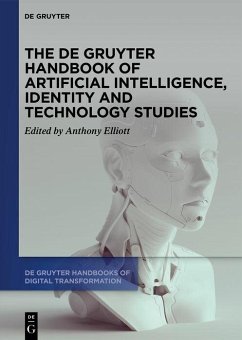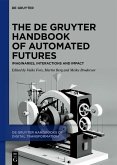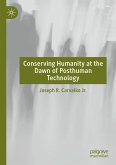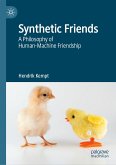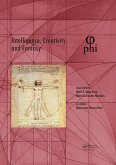How is AI currently transforming social, economic, cultural and psychological processes? This handbook answers these questions by looking at recent developments in supercomputing, deep learning and neural networks, including such topics as AI mobile technology, social robotics, big data and digital research. It focuses especially on mechanisms of identity by defining AI as a new context for self-exploration and social relations and analyzing phenomena such as race, ethnicity and gender politics in human-machine interfaces.
Anthony Elliott, University of South Australia, Adelaide, Australien.
Dieser Download kann aus rechtlichen Gründen nur mit Rechnungsadresse in A, B, BG, CY, CZ, D, DK, EW, E, FIN, F, GR, HR, H, IRL, I, LT, L, LR, M, NL, PL, P, R, S, SLO, SK ausgeliefert werden.

